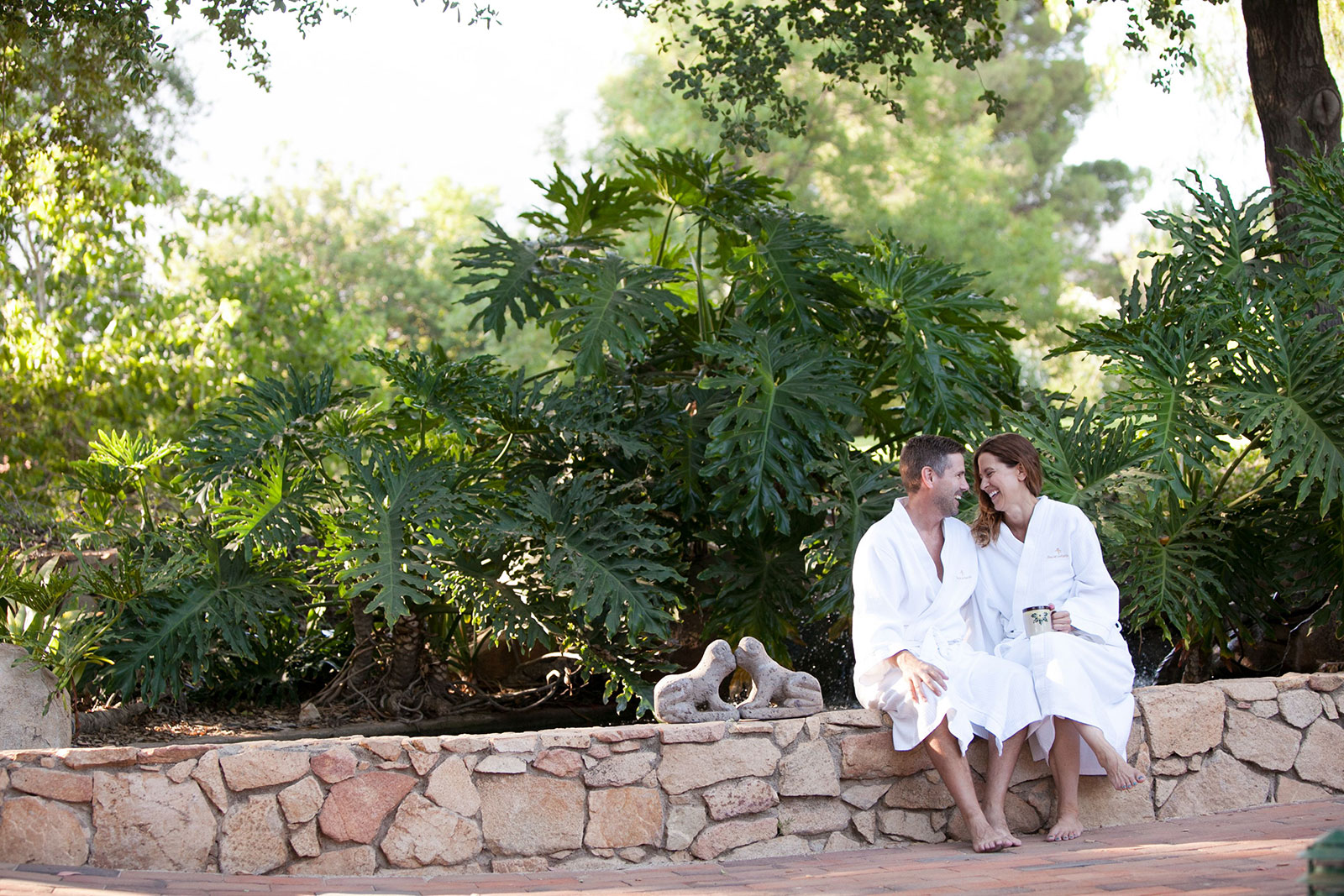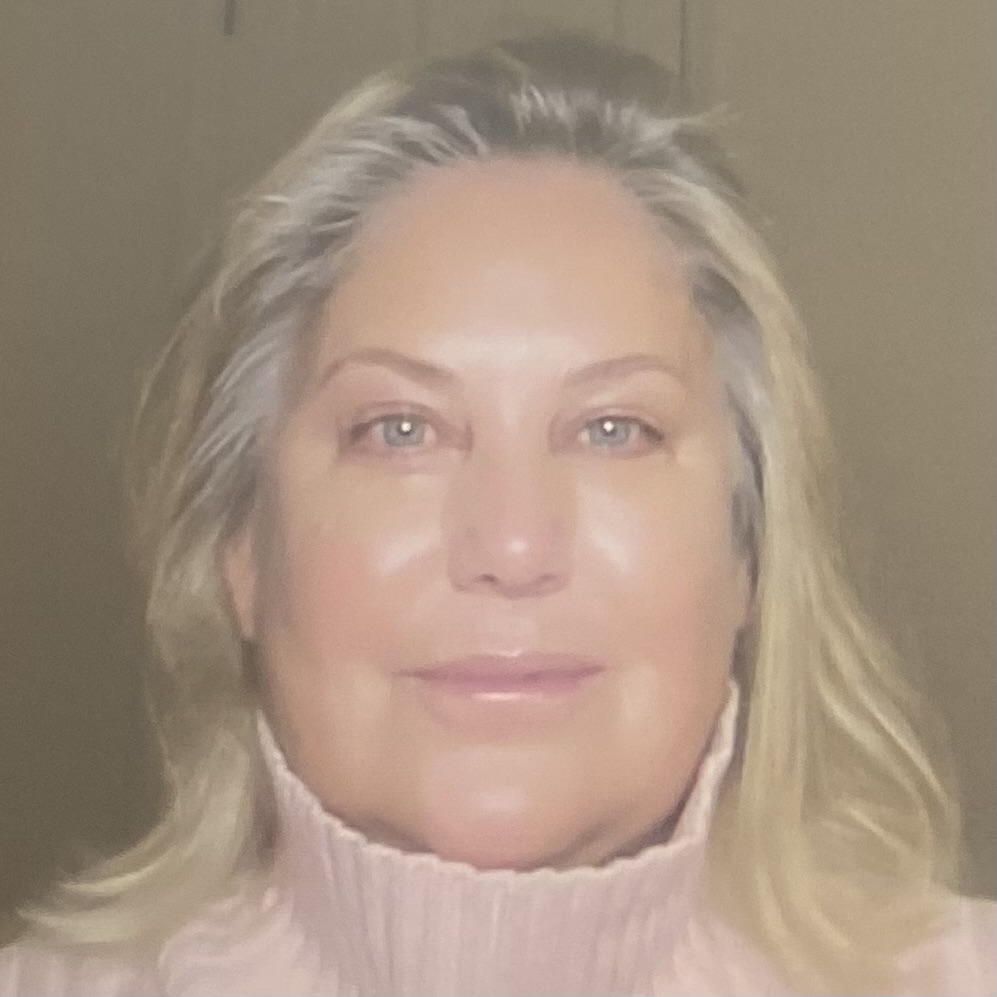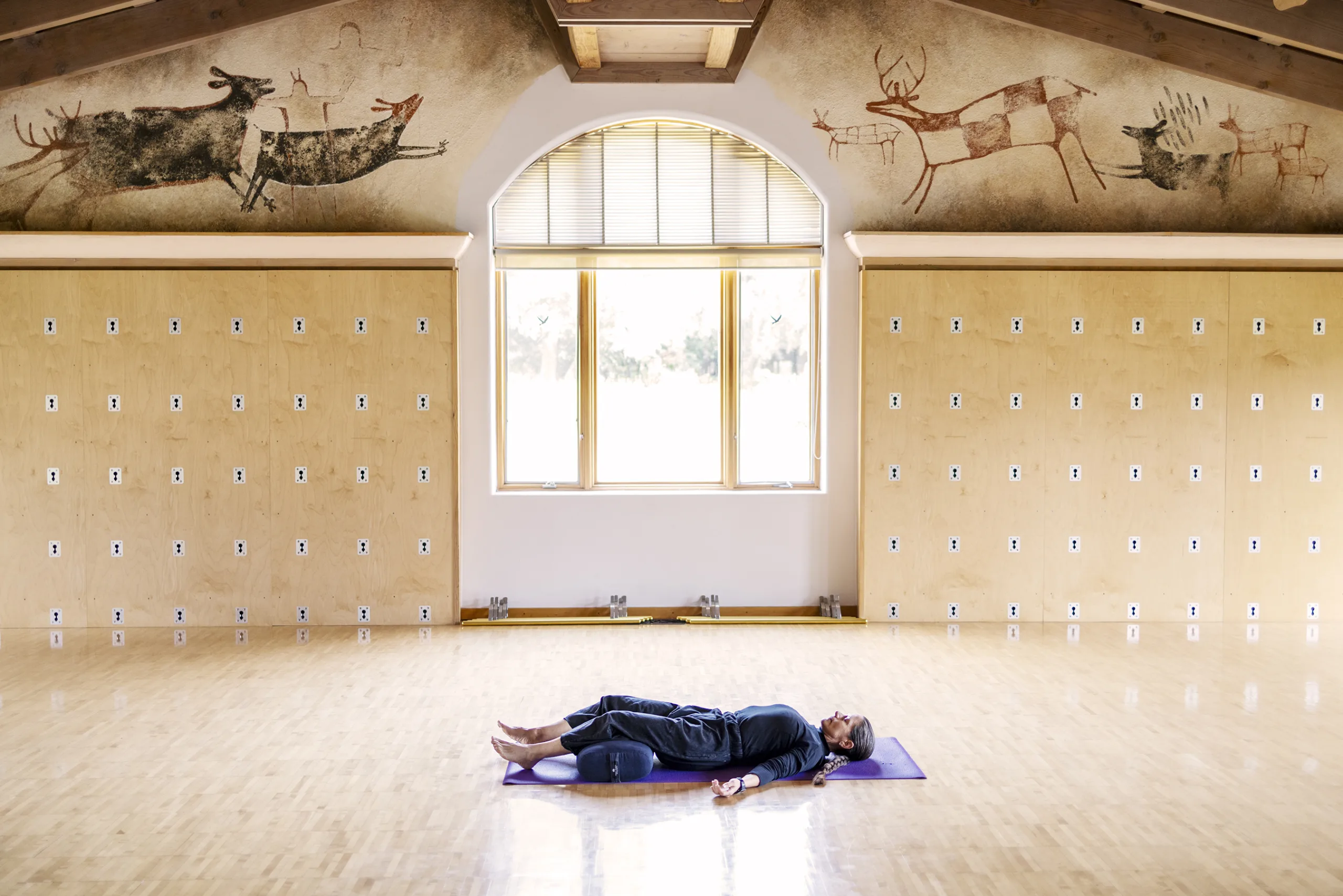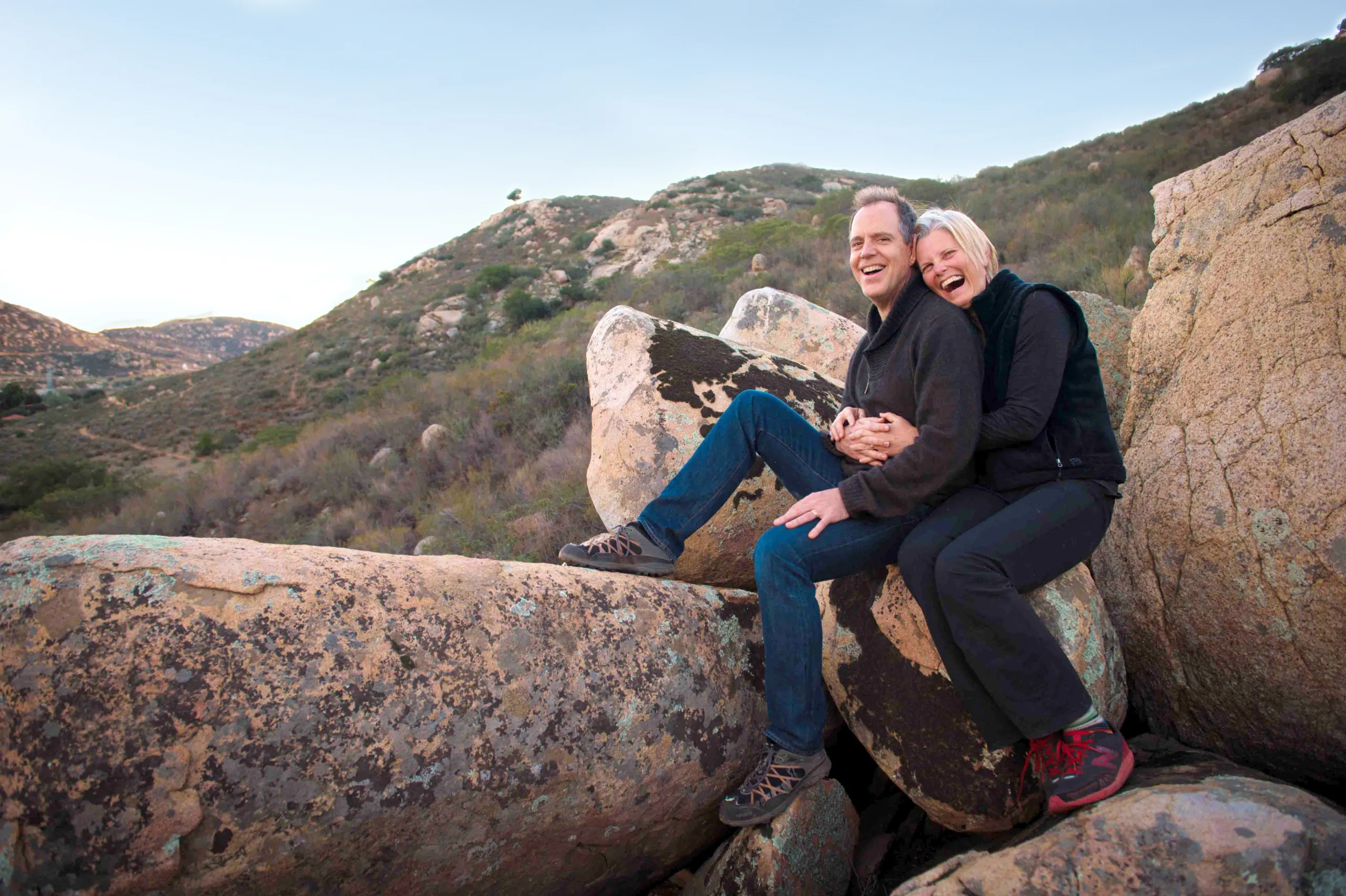Relationships with Ourselves and Others

Every relationship serves as a mirror reflecting our innermost qualities. The term “intimacy” denotes the innermost connection that traverses our physical, emotional, mental, intellectual, and spiritual layers. In cultivating a healthy relationship, we must extend this inward connection to ourselves, creating a sanctuary. This introspective approach attracts like-minded individuals and experiences, fostering a profound comfort with one’s identity.
Developing the inner self radiates an inspirational magnetism, drawing people and opportunities aligned with our values.
- Physical intimacy involving touch intertwines with mindful nourishment of the body.
- Emotional intimacy flourishes through sharing deep feelings, thoughts, and emotions.
- Mental and intellectual intimacy thrives in joint experiences like exploring new activities or pursuing shared hobbies.
- Spiritual intimacy is the transcendental sharing of love through a divine source.
Making Relationships “Always Better”
Living authentically forms the cornerstone of harmonious relationships. Self-discovery is pivotal to understanding one’s passions, desires, and needs. Trusting intuition, embracing divine guidance, and living in harmony with ourselves create an environment conducive to meaningful connections.
Acknowledging the paramount importance of relationships—be it with ourselves, others, or the environment—offers a foundation for personal growth. Taking a moment to breathe and align with our soul’s desires fosters a renewed connection with the heart center, creating spaces that nurture relationships.
The human connection remains vital, especially in an era dominated by artificial intelligence. Actual growth involves a continual cycle of letting go and being nourished, aligning with our true nature, and perpetuating a relationship that flows towards the light of the soul and Source.
Balancing Relationships with Self
Our relationship with ourselves is the cornerstone of a fulfilled and harmonious life. This internal connection is the foundation upon which all other relationships are built.
To achieve a balanced and healthy existence, it is crucial to prioritize self-care, understanding that the journey toward well-being starts with how we treat ourselves. Here are some ways:
Positive Self-Talk
The dialogue we maintain with ourselves throughout the day significantly impacts our mental and emotional well-being. Engaging in positive self-talk involves being mindful of the thoughts we harbor and consciously shifting our focus to what is going well in our lives. By developing a gratitude practice, where we actively acknowledge and appreciate the positive aspects of our experiences, we can diminish negative thinking. This not only fosters a more optimistic mindset but also contributes to increased self-confidence, replacing feelings of anxiety and depression with a sense of empowerment.
Self-Love
Central to building a healthy relationship with ourselves is the practice of self-love. This entails recognizing and appreciating one’s unique qualities and strengths. Imagine yourself as a unique being, with strengths that contribute to the world in a way no one else can. My father used to say, “If there were two of you, there would be no need for one of you.” Valuing these strengths begins with acknowledging what makes you unique and understanding why your soul chose your body in this lifetime. Forgetting or losing connection with this profound truth can weaken relationships. Remembering it contributes to a deep understanding of oneself, fostering self-love and empowering the use of strengths for the greater good.
Alone Time
In a world saturated with information and constant connectivity, carving out dedicated time to “just be” is more critical than ever. Alone time provides:
- space for inner reflection
- check-in with core beliefs
- exploration of current challenges
- reassessment of life goals
This deliberate and peaceful presence helps individuals stay connected to their essence. The activities during alone time can vary, but what’s crucial is that they are as free from external distractions as possible. Whether it’s a quiet walk in nature, a soothing bath, or organizing and cleaning, the goal is to create an environment where one can reconnect with oneself without the interference of external influences.
Acceptance
At the core of a healthy relationship with oneself lies the ability to navigate life with acceptance. The dichotomy of choices—accepting situations and people as they are or actively seeking change—shapes the dynamics of self-relationship. Developing an accepting practice involves acknowledging that life unfolds on its terms. This acceptance doesn’t signify resignation but rather an opportunity for emotional intelligence and spiritual growth. Embracing life on its terms becomes a powerful tool in cultivating happiness and contributing to healthy relationships.
Incorporating these strategies into daily life fosters a holistic approach to self-balance. It involves tending to the physical aspects of well-being and nurturing the emotional, mental, and spiritual dimensions.
Individuals embark on a journey of self-discovery and growth by:
- engaging in positive self-talk
- embracing self-love
- dedicating time for introspection
- practicing acceptance
This multifaceted approach strengthens the foundation of the self-relationship, contributing to a more profound sense of well-being and a harmonious connection with the world.
Boundaries & Boundless Love
Unlimited love, connection, and understanding form the bedrock of the healthiest relationships. Imagining a world where voices are heard, needs are met, and love flows boundlessly sets the stage for a harmonious existence. Co-created boundaries, acts of love completed with love, enhance the frequency of loving compassion in relationships.
Understanding one’s boundaries is crucial for establishing co-created boundaries in any relationship. Anxiously attached individuals seek stability and security, while those on the opposite spectrum tend towards denial and avoidance.
Co-creating boundaries requires:
- self-awareness
- clarity in expectations
- compassionate communication
- patience, recognizing that individuals navigate their unique realities
Conclusion
The most significant relationship we have is with ourselves.
- Cultivating this relationship involves maintaining a sense of togetherness and creating intentional spaces for conscious connections.
- Living life through the ritual of relationships liberates and allows us to be present in the moments that shape our lives.
- Balancing intimacy and setting healthy boundaries ensures that relationships, whether with oneself or others, flourish in a space of genuine connection and love.
Together, we are one.

A leader in the yoga Ayurvedic community, Marianne Wells has dedicated the last 30 years to improving the lives of others through inspirational teachings and service to others. Marianne is renowned for mak- ing ancient wisdom and practices accessible to modern day seekers.
Marianne founded the longest continually operating Ayurvedic yoga school in Costa Rica, and has spread her teachings to the US, Canada, Bali, Spain, Mexico, and Jamaica. With a global reach of students in over 60 countries, Marianne is most proud of helping others to improve the quality of their lives, successfully navigating wellness paths through changing times, and launching their own holistic careers to impact the communities in which they live. Many footsteps to better lives have begun with her guidance and inspiration.


